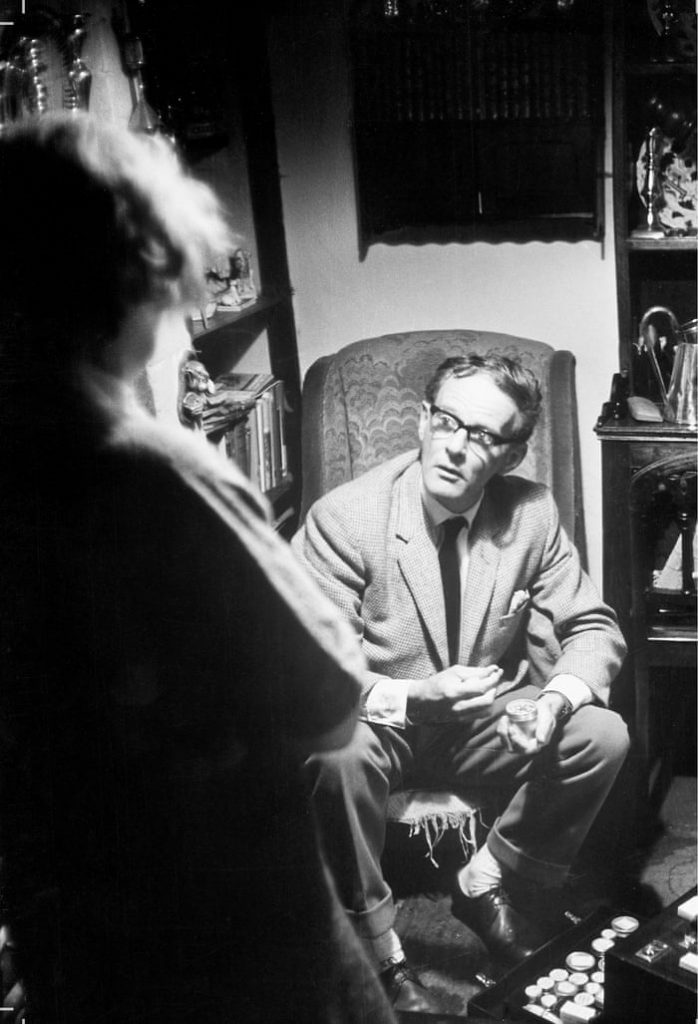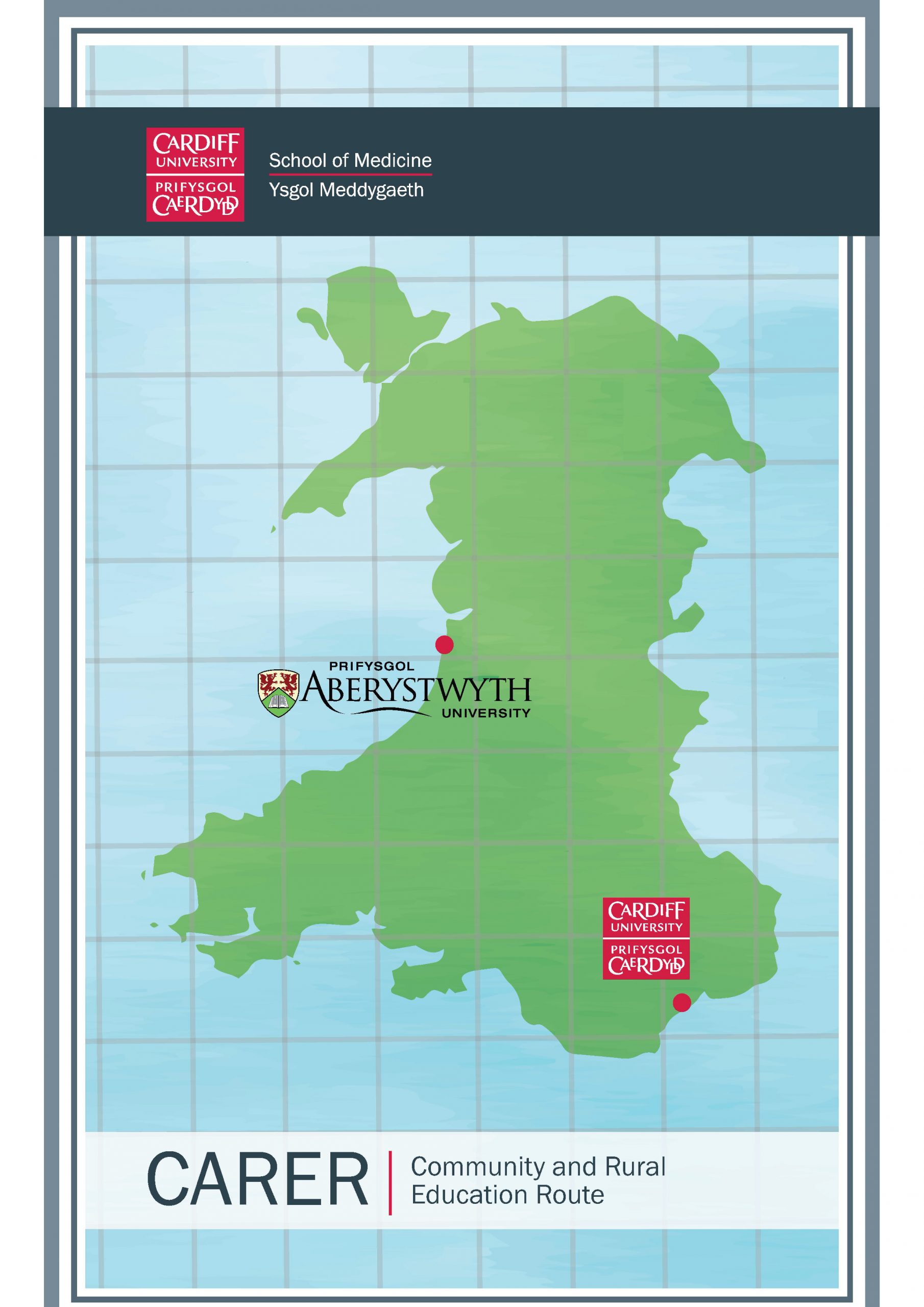The Humble G.P.
20 April 2019Ladies and gentlemen,
I have been studying for some time the noble and gentle species of doctor which is today properly named the Practitionerum Generale – I think the popular term for one is the P.G.
Like all great P.G.’s – Wodehouse, for example, or for those less keen on literature and more on breakfast tea, Tips will suffice – the rural P.G. is a cherished national icon and fills us with good humoured reverence. Now, following many months amongst a number of the rural P.G. subspecies, Rustica P. Generale, I think I have some pearls of wisdom I am ready to share out with those who will care to listen. Read well if you are possessed of curiosity.
Why do we hold such a cherished image of the ‘country doctor’, the ‘family doctor’, etc.? Are there doctors practising today that embody it – is it now just an image, or does it live on?
What are the essential characteristics of R. P. Generale? How might we examine one we have caught out in the countryside and distinguish it from peers we snared on a busy urban street?
Appearance

Rustica P. Generale used to be readily identifiable. Firstly, like all doctors, only the male ever survived to practise. Secondly, they wore a three-piece suit in tweed. Nowadays there might be more ladies than gentlemen, the tweed has vanished, and the modern Rustica is only known for certain by situation. There is no reliable sign that the doctor you have snared is the right one. Rustica is old or young, male or female, and any skin colour. There are not many of them left – their numbers are decreasing in the wild, and none have been yet captured for museum exhibition.
Character
Here I refer to my own experience, since Rustica is a diverse breed. But in my experience any member of the species will be happy to see you. They have a tremendous sense of hearing and so are excellent listeners. They have a deep well of empathy, and a sense for your wellbeing. If you are a patient, they want to see you get better – if you are a fledgling student, they often encourage you or teach you.
Of course, if you are lucky this is true of any doctor.
What sets them apart is their knowledge of their habitat. Each hamlet and village is known to them. The clans and families – in Wales this means the Jones’, the Edwards’, the Pughes’, etc. etc. – often these doctors have an idea of who knows who. They handle a larger area than their urban brothers and rove to and fro across a wider territory. They will see children grow up and have their own children in turn; they see us grow old.
Stereotype
Their appearance and manner have changed – everything changes eventually – but there is a core to the care delivered by P. Generale that resembles the best in our images of ‘our doctor’. Many of us never reach deep into the huge branching tree of specialty medicine: we only see our P. Generale and rarely (if ever) their hospital counterpart. There was never a stereotype for P. Generale having the white coat, brisk step and terrifying manner which was the cliché image of their hospital cousins. The Rustica stereotype (besides the tweed) was in the impression that they would be there for you, that they knew you. That they were not frightened by what was happening to you and that they would do their best to help you. The image of the family doctor has them looking after your grandmother’s heart, your baby’s croup and your aunt’s high cholesterol.
Again, not all of this is specific to them. Many, many doctors do this.
The difference might be in that more of the Rustica are this way. This setting and the commitment to longstanding care – the complete opposite in general terms of hospital care, where the aim is to get you better and get you home – seems to select for doctors interested in seeing patients change over time, and doctors that want to establish a longer lasting bond with their patients. So this is not something that sets them apart; but perhaps if, using some huge and strong net, one caught only doctors that thought this way about their patients – if you only swept up doctors that had this kind of interest in the broader setting and wellbeing of their patients – I would say hopefully that Rustica P. Generale would be well represented in the net.
If you do make such a net and catch them, I urge you to release them back into their natural habitat. They are eager to get back to their busy lives, and who knows what their patients’ care would be like without them.


